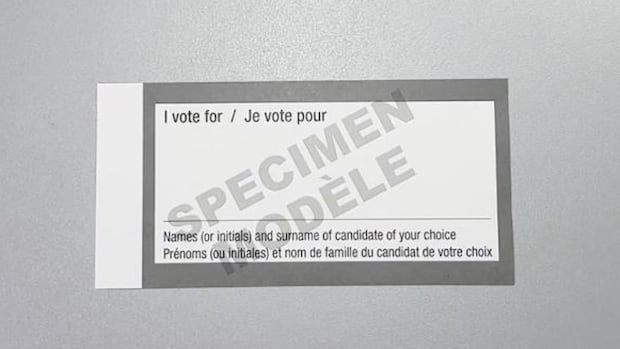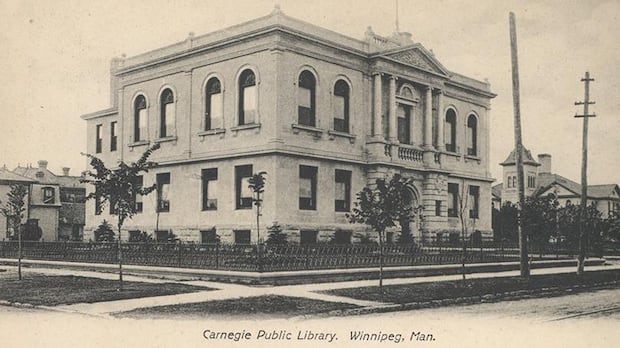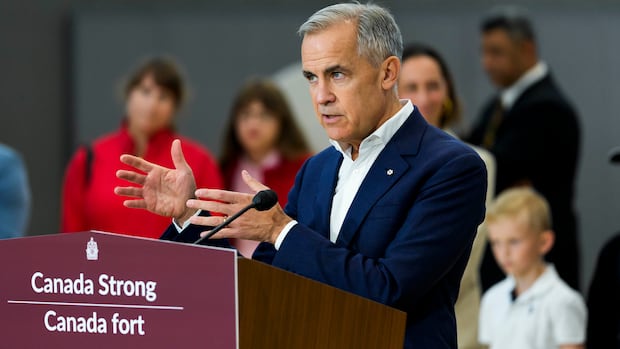Albertans living in the federal riding of Battle River-Crowfoot will soon have a new member of Parliament as they prepare to vote in Monday’s byelection.
Prime Minister Mark Carney called the byelection in June after Conservative MP Damien Kurek stepped down from his seat so Conservative Leader Pierre Poilievre could run.
Poilievre lost his long-held Ottawa seat of Carleton, when Liberal candidate Bruce Fanjoy won that seat in an upset.
Kurek’s resignation came after he handily won the riding in April. The history of the riding and its previous incarnations indicate it has been one of the safest blue seats in the country.
The Battle River-Crowfoot riding covers a large swath of eastern and central Alberta, encompassing communities like Drumheller, Hanna, Stettler, Camrose and Provost.
There are 214 candidates registered in the byelection, making it the largest number of candidates on a federal ballot in Canadian history.
Those running include Poilievre, Liberal candidate Darcy Spady, NDP candidate Katherine Swampy, Jonathan Bridges of the People’s Party of Canada, Ashley MacDonald of the Green Party and Independent candidate Bonnie Critchley.
For the first time ever, Elections Canada says voters must fill out a blank ballot.
Because of the record-breaking number of candidates, voters will be provided with special write-in ballots instead of standard list-style ballots.
Monday is byelection day in the central Alberta riding of Battle River-Crowfoot, where Conservative Leader Pierre Poilievre is trying to regain a seat in the House of Commons. Kathleen Petty, the host of CBC’s West of Centre podcast, breaks down what it could mean for Poilievre and the House when it resumes next month.
Elections Canada said in an email to CBC News that it expects the results of the byelection to take longer to report and publish. The head of the agency has decided to allow ballots to start being counted two hours before polls close.
“While things will take more time, we do expect all ballots will be counted on election night,” said Elections Canada in an email.
Elections Canada added that other than in an exceptional circumstance, it won’t stop counting votes until each ballot is accounted for, even if the process runs late into the night.
Last week, Elections Canada released data from advance polls which revealed 14,454 people have already cast their ballots in the riding, more than the amount who showed up at advance polls in that riding for April’s federal election.
Longest Ballot Committee concerns
Most of the 214 candidates on the ballot are associated with a group of electoral reform advocates known as the Longest Ballot Committee. The committee has been organizing candidates to run in byelections in recent years to promote electoral reform.
At an unrelated news conference in Calgary earlier this month, Poilievre expressed frustration with the group.
“They’re adding their names even though they’re not campaigning,” he said at the time.
“They don’t expect to win. They just want to inundate the ballot to confuse the situation [and] make it harder for people to vote.”
Conservative Leader Pierre Poilievre’s future will be determined in a Monday byelection in the rural Alberta riding of Battle River-Crowfoot. Not only will the voters decide if he returns to the House of Commons, it could signal whether Poilievre will remain party leader.
Critchley has also expressed frustration with the committee, saying in an open letter posted on her campaign website that there is a “backlash” in the riding from voters who are worried that she is a “fake out” candidate.
“I don’t have a massive team, I don’t have backing from millions of people,” she wrote. “I have to go door to door within my community and explain to my neighbours that I have nothing to do with you.
“I have to explain that I am here, in my home, and I am standing up for myself, my neighbours and my community against the guy from Ottawa who doesn’t give a damn about us. Please do not bury me with your ‘legal’ election interference.”
Poilievre cannot act as the Opposition leader in question period or participate in debate without a seat in the House of Commons.
The Conservative caucus chose former party leader Andrew Scheer to lead the Opposition in the House of Commons on a temporary basis.
Poilievre also faces a Conservative Party of Canada leadership review in January after the Tories failed to form government in the last federal election.
If a leader does not resign, the party’s constitution requires members to vote on whether that leader should stay on at its next national convention.









